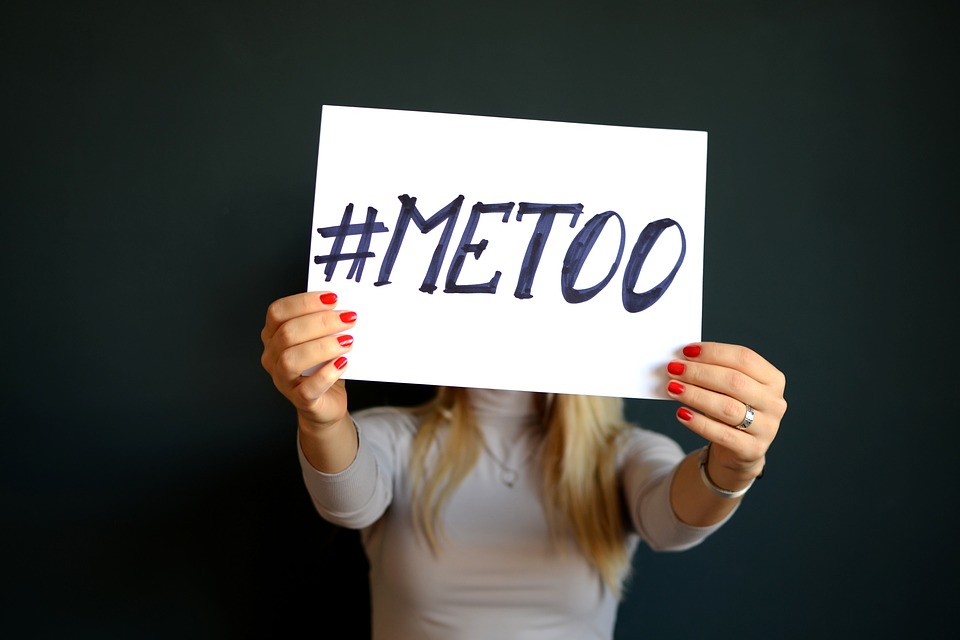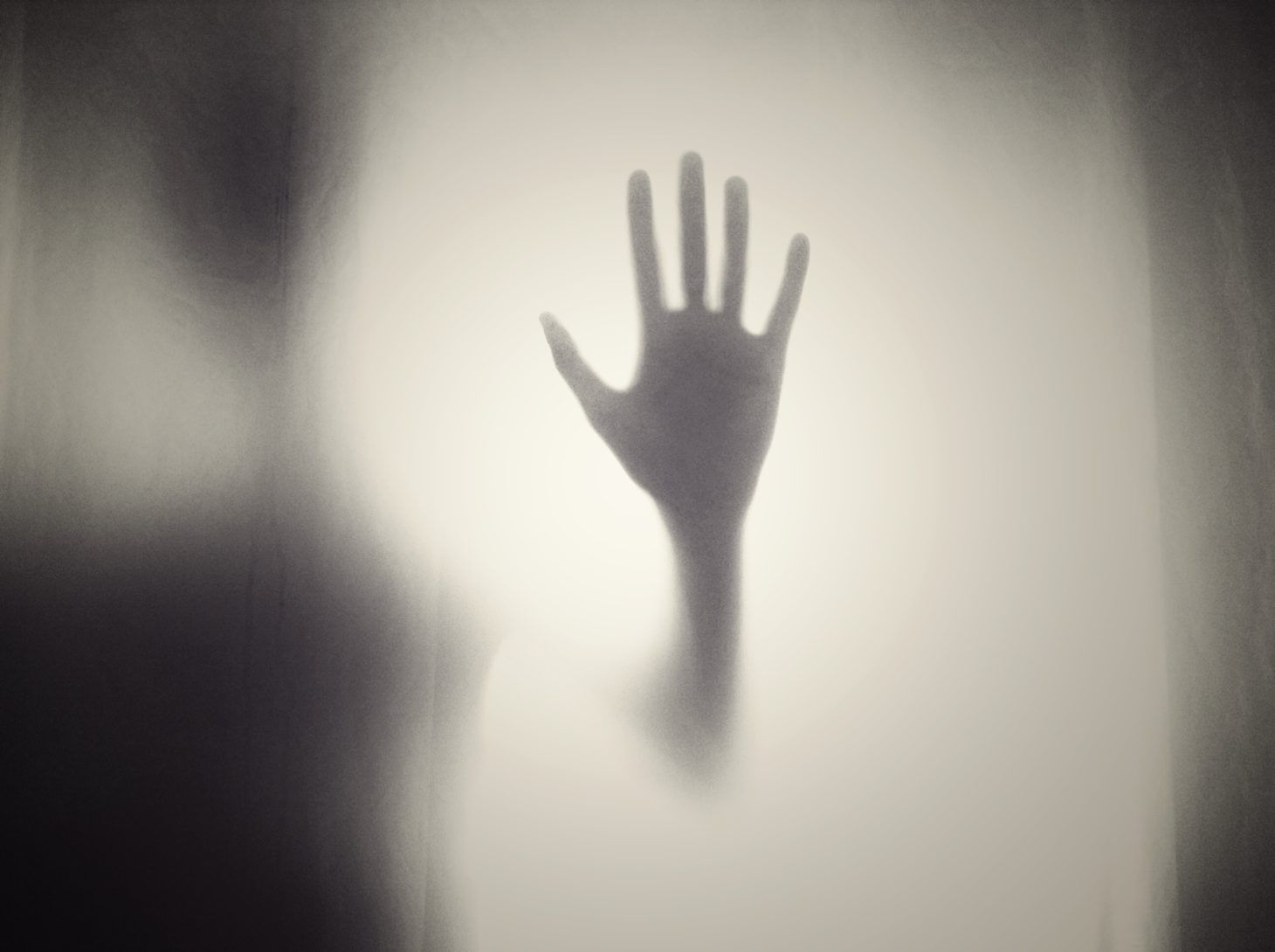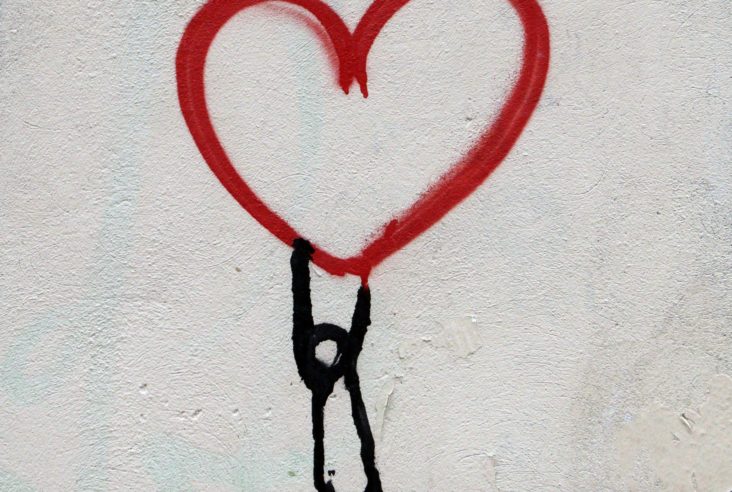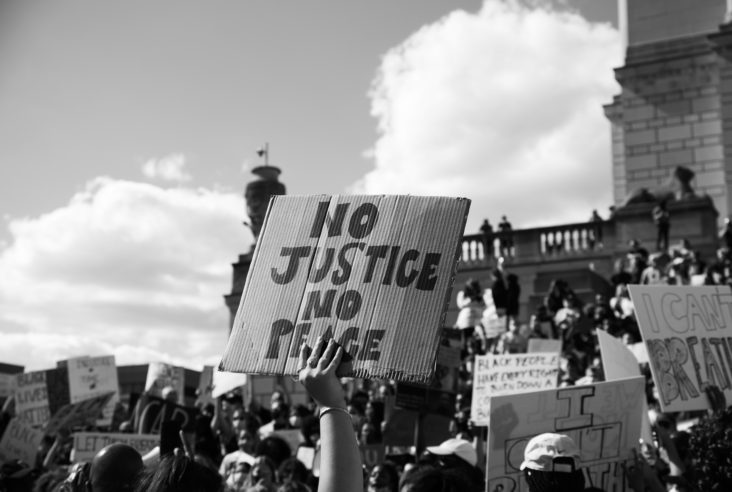Bill Cosby. Harvey Weinstein. Charlie Rose. Kevin Spacey. Dustin Hoffman. C.K Lewis. Donald Trump. Roy Moore. Al Franken. Matt Lauer….
The stories just keep coming. Women, silent for too long, are coming out en masse and finally talking about the harassment they have endured over the years, decades. The #metoo campaign spread like wildfire on social media. I have read criticism and support for this campaign, but it seems to me it has (for what it feels like the first time), really highlighted how widespread this issue is. My friends and connections on Facebook, Instagram and Twitter kept joining in and speaking of the pain they have carried for years. When 80-90% of your female friends start sharing gut wrenching accounts of harassment and abuse, it begs the question: How many of the men I know have engaged in sexual misconduct?
I know that this issue is not this black and white. I know men who have been sexually harassed at work as well. Arguably, there is even a bigger taboo around the subject of men falling victim to sexual predators. And while the media is obsessing over each and every accusation and while the political parties seem to have figured out how to make this into yet another “Us vs. Them” issue, I have been thinking more about this as a systemic socialization issue. How did we get here and what do we do now? How much are we, as a society, responsible for how men behave and why women keep silent?

This is a systemic problem and it’s called patriarchy. It’s the same system that encourages men to dominate and women to be submissive. We all participate in it when we just role our eyes at a lewd comment, but don’t take any further action. We participate in it when we pass up qualified women and give promotions to less qualified men. We participate every time we vote for politicians who don’t stand up for equal pay. Patriarchy is the reason a bunch of men get to decide on the policies regarding women’s health care. We certainly participate in it when we elect a male predator to the highest office of the land. Frankly, I’m sick of it!
I have been examining my own upbringing. I grew up in a patriarchal household and though my father encouraged my education and always talked about the importance of my independence as a woman in the world, there were also a lot of implicit messages that relayed the notion that “Girls are to be seen and not heard”. I understood early on that my father’s word was the last in our household. I never talked back or argued, no matter how unjust any given situation seemed to me. My sister was always braver than me in this department. As my previous marriage was unraveling, my parents both watched in disbelief as I could not access my voice to defend myself or to fight for equality in my marriage. “How can you just live like this? Why don’t you say something or fight back?”, they would ask. “How can I?? You never taught me!”, screamed the silent voice inside of me. I eventually did find my voice and did free myself of a very dysfunctional relationship. I have been working on strengthening this voice ever since. It has been a slow but fruitful process and having a loving, patient and supportive partner has made this journey that much easier.
Socialization in a patriarchal system teaches girls to be passive, to play nice and be caring. It teaches boys to take charge, be tough, not cry and not talk about their feelings. This is first taught on a personal level by parents, teachers, and relatives. Expectations of “norms” are shaped early on by people we trust. These norms are then reinforced consciously and unconsciously in the systems outside of the the home like school and church. It is also reinforced in larger systems such as the legal system, political system and in mental health systems. Our culture participates in this reinforcement through the media and the images we are supposed to aspire to, through song lyrics and language in general. Think about what it actually means when we say “Man up” or “Don’t be a pussy.” Or when we ask “Did you hit that” or “Did you get some”. Language is a powerful tool.
There are rewards and punishments in place for participation or lack of participation in this system. Women who have come out against their accusers have been disempowered, dehumanized, persecuted and publicly humiliated. Monica Lewinski comes to mind, along with Anita Hill and Rachel Crook and countless other women who have suffered these consequences for speaking out. Men who don’t participate in this system are brutally punished as well. They’re called every name in the book, made fun of for not being “man enough”, excluded form “The Boys Club” and ostracized.
Source: Cycle of Socialization developed by Bobbie Harro
And so now we have two options: We can either continue to turn a blind eye, do nothing and say things like “Boys will be boys” or “That’s just locker room talk” and move on with business as usual. Or we can rise up and say “ENOUGH!” We can demand change and we can educate, take a stand and reframe and re-educate. Dismantling patriarchy won’t be easy. Much like white privilege, patriarchy comes with huge benefits for a group of people, namely men. Patriarchy gives the power in the system, disproportionately over to the men in that system. Not every man in a patriarchal system is a rapist, just like not all white people in a system of white supremacy are racists. But every man benefits from patriarchy just like every white person benefits from white privilege. It will take a willingness to have very hard and very uncomfortable conversations. But I think what we are on the cusp of a huge change in this system and I’m hopeful. As more abusive men are outed and more and more brave women come forward and expose their abusers, a conversation about these issues is practically unavoidable. This change is palpable to me in almost every space I enter these days and the future generation is watching and listening.
As the #metoo campaign was sweeping over social media, my sons started talking to me about it. “Mom, do you have a #metoo story?” one of them asked me. “Which one do I tell him about?” was my first thought. I decided to tell him about a manager I had, working at a local jewelry store while I was in college. He used to make all kinds of lewd remarks all the time. He had a hard time keeping his eyes at eye level when talking to female staff. He would make comments about customer’s clothes and body shapes after they had left the store. He used to regularly encourage female employees to “show off the goods” in order to increase sales numbers. “Did anyone say anything or do anything about it?” my son asked incredulously. “Not really” I said. “Until one day…” I was sitting in the lunch room, leafing through a fashion magazine. I came upon a page where a super model was sprawled on the beach in a tiny bikini (how do those things stay on??) He walked up behind me and looked over my shoulder at the magazine, then leaned in close and whispered in my ear “I bet you look like that under all your clothes.” I laughed it off and said something stupid like “Not even close.” I felt uncomfortable, disgusted and violated, but I also felt like the responsibility of de-escalating the situation was on me. He left the lunch room and I avoided him the rest of the day. I tried, but I couldn’t shake off how horrible I felt. I just couldn’t imagine going back to work every day and facing him again. I called our district manager, a tiny but fierce Italian woman. She listened to my complaints and thanked me for bringing his behavior to her attention. That night someone from the HR headquarters called and interviewed me again about the incident. My manager was fired that same night and I never saw him again. This is what is supposed to happen. And it rarely ever does. “If I had been there, I would have done something or said something” my son says in a somber voice. I’m grateful for the opportunity to have this conversation with him. I don’t imagine it would have happened without the #metoo campaign.
Something else happened just a few days ago.
I do these interval running exercises a few days a week. My two to three mile route takes me along a busy main road near my house. The morning commute is usually in full swing by the time I’m on my run. Every now and then, maybe a couple of times a month, a car or a truck will drive by and honk at me. I think it is meant as a flirtation or an appreciation or some kind of acknowledgement…? The whole thing confuses me. What exactly are you hoping for as you zoom past me at 60 miles per hour, honking at my back side. It always makes me jump and annoys me to no end. I usually just shake my head and go about my run. A few days ago, while I was running, a truck drove by and honked at me from behind. Before I could even register what was happening, this Good Persian Girl’s arms shot up above her head, middle fingers stretched up to the sky. A deep, guttural “FUCK YOU” escaped my lips. The fire burning in my chest fueled the rest of my run.
Change is on the horizon.

Photo by Morgan Basham on Unsplash




A deep and heartfelt thank you Mahshid!!! yes! re-frame, re-educate, re-think All of it. I know that this is not a popular view point, but from my work with horses, I have learned more of the intricacies of how vulnerable the female one is whether two-legged or four. This vulnerability does not need to be extinguished and certainly it does not need to be taken advantage of. It can be a point/opportunity for growth and connection. What does leadership look like for women? How do we as women think of groups and systems and individual rights within a system, herd, family or body of government? Of course it won’t be the same for each woman. Nor should it be. Each person having a voice, a seat at the table, having the invitation and ability to weigh in on what is important and unique view points creates a safer and more robust place for more people which is inherently more sustainable than a system that attends to the needs of only a few.
Yes! A seat at the table, that’s where it starts! That makes me think of inclusion, of not just women, but also people of color and people of different gender identities and so on… A seat at the table and the space to share ones thoughts, feelings, opinions, needs etc. It would be a very different world! As always, I so appreciate your input and you taking some time to share it with me. 🙂